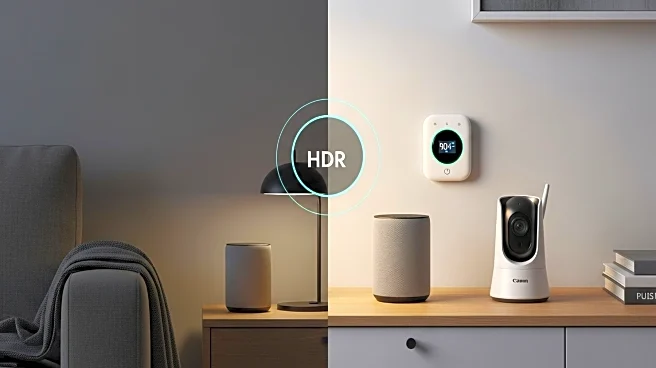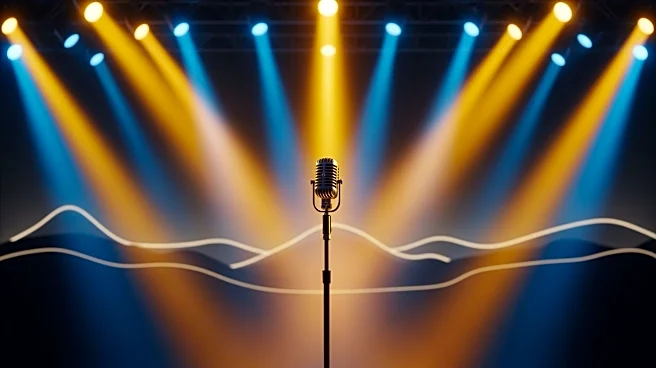What is the story about?
What's Happening?
Smart home devices, particularly Amazon's Alexa, are becoming integral to modern living, offering convenience and functionality. However, the placement of these devices is crucial to ensure their longevity and security. It is advised to avoid placing Alexa devices near water sources like sinks or stoves to prevent damage from spills or steam. Additionally, placing them near windows can pose security risks, as intruders might gain access to the device and, consequently, other connected smart home systems. The article also highlights the importance of keeping Alexa away from heat sources such as space heaters, which could cause damage or even fire hazards.
Why It's Important?
The strategic placement of smart home devices like Alexa is essential for maintaining their functionality and protecting user privacy. Incorrect placement can lead to physical damage, reducing the lifespan of the device, and can also expose users to potential security breaches. For instance, placing Alexa near windows could allow unauthorized access to the device, compromising the security of connected systems like smart locks or vehicles. This underscores the need for users to be mindful of where they position their smart devices to maximize their benefits while minimizing risks.
What's Next?
As smart home technology continues to evolve, users can expect more guidance and innovations aimed at enhancing device security and functionality. Manufacturers may develop more robust devices that are less susceptible to environmental factors, or offer enhanced security features to protect against unauthorized access. Users should stay informed about best practices for device placement and consider future updates or accessories that could further safeguard their smart home ecosystems.
Beyond the Headlines
The growing reliance on smart home devices raises broader questions about privacy and data security. As these devices become more integrated into daily life, the potential for data breaches and unauthorized access increases. This highlights the need for ongoing dialogue about privacy standards and the development of more secure technologies. Additionally, the cultural shift towards smart homes reflects changing consumer expectations for convenience and connectivity, which could drive further innovation in the tech industry.















